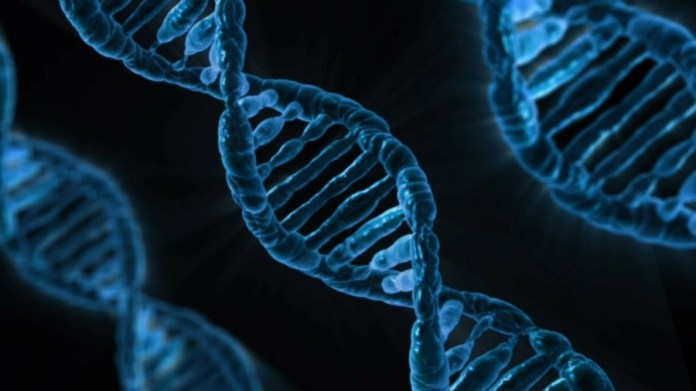By analysing a photo of someone’s retina using deep learning, Google researchers can predict that person’s age, blood pressure, and smoking status.
And now, they’re looking to see if they can use the same kind of artificial intelligence (AI) to predict whether a person is at risk from a heart attack anytime soon.
“It was unrealistic to apply machine learning to many areas of biology before,” said Philip Nelson, a director of engineering at Google Research in Mountain View, California.
“Now you can – but even more exciting, machines can now see things that humans might not have seen before.”
MORE: AI Set to Predict Heart Attack and Stroke Risk
MORE – Data Science – 8 Powerful Applications
Convolutional neural networks are a part of AI that took off in 2012. They basically allow computers to be able to process an image without spitting it into sections first.
Facebook uses this very same technology to identify people in photographs.
But implementing this AI into biology has proved to be a little more challenging. “Take a group of smart biologists and put them in a room of smart computer scientists and they will talk two different languages to each other and have different mindsets,” said chief computing officer at Calico, Daphne Koller.
Over at the Allen Institute for Cell Science in Seattle, Washington, cell biologists are using AI-based convolutional networks to transform flat, grey cell images into 3D color ones.
This allows scientists to closely study the cells without the need to stain any of them. Staining cells can cause irrecoverable damage to the cells.
READ MORE – Top 10 Ways Artificial Intelligence is Impacting Healthcare
Just a few weeks ago, the group released details of an advanced technique that uses only minimal data to predict the size and shape of different cell parts.
“What you are seeing now is an unprecedented shift in how well machine learning can accomplish biological tasks that have to do with imaging,” explains Anne Carpenter, director of the Imaging Platform at the Broad Institute of MIT and Harvard in Massachusetts.
The advancement of such AI technology could help to accelerate disease research. According to Rick Horwitz, the Allen Institute’s executive director, deep learning could even help improve the way in which researchers classify the progression of tumors.
Others, however, are looking at this breakthrough in a different light. “Imaging is important, but so is chemistry and molecular data,” says Alex Wolf, a computational biologist at the German Research Center for Environmental Health.
“I think there will be a big breakthrough in the next few years that allows biologists to apply neural networks much more broadly.”
Source ScientificAmerican




















